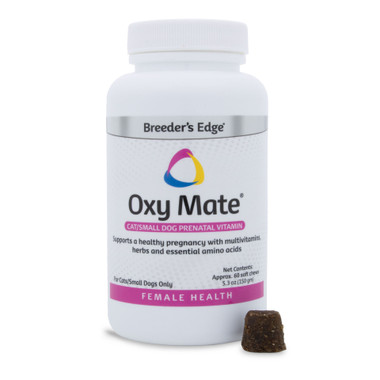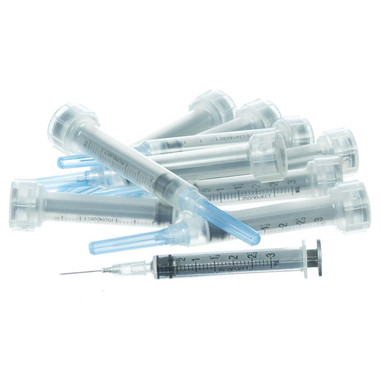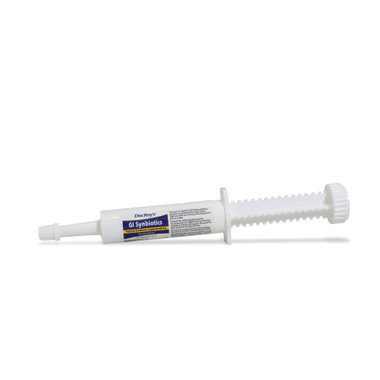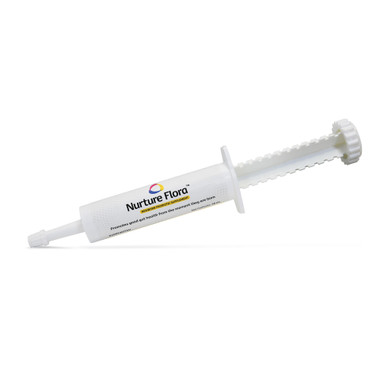Can Dogs Take Melatonin?
Estimated 0 min read

Structural formula of Melatonin
The pet supplements field was a $1.6 billion industry last year, and it’s only growing!
Pet parents are clearly putting their money where their mouth is when they say “I’d do anything for my dog”.
However, one supplement in particular seems to have taken the pet supplements field (and pet parents’ attention) by storm: it’s melatonin.
Known for its fast-acting, soothing effects, melatonin has been touted as a catch-all by some to treat the effects of a variety of diseases and ailments in dogs.
However, limited peer-reviewed research on melatonin’s benefits and potential negative effects cast doubt in some people’s minds about whether or not it is even safe for pets.
So, is it okay to reach for the melatonin for your dog just as you might reach for ibuprofen?
Is melatonin something we should be weary of when giving it to our fur babies?
Or is the truth somewhere in the middle?
What is Melatonin?
Melatonin is a naturally occurring hormonethat helps regulate your body’s sleep cycle. It’s produced by the pineal gland, and how much your body produces depends on how much sunlight you get each day. Normally, your body produces more melatonin in the evening and it begins the entire process at a slower pace in the morning.
Why Do People Take It?
People who struggle with insomnia often find relief from sleeplessness by taking melatonin. However, it’s not as though you need to be tossing and turning all night, every night to benefit from taking it.People who have anxiety, or who have work schedules which constantly interrupt sleep, or who are just jetlaggedmay all be able to enjoy more satisfying rest from taking melatonin.
Why Is It Given To Dogs?

Relaxed dog on bed
There are a variety of ailments and disorders where the use of melatonin can help alleviate the effects. This includes anxiety, insomnia, Cushing’s disease, and Alopecia.
Melatonin produces a calming effect which some vets find successfully lessens the severity of anxiety in dogs. For dogs with anxiety disorders, taking melatonin can help them mellow out during times of stress. Lower stress means a happier pup, and a lower chance of them practicing unhealthy coping mechanisms like chewing or biting.
Some dogs also have trouble getting to bed and staying asleep, just like humans! For these bleary-eyed pups, taking melatonin before bedtime can help them sleep through the night and remain more alert during the day.
Cushing’s Disease is a less common ailment than anxiety or insomnia, but some vets praise melatonin’s ability to lessen the disease’s side effects. Cushing’s Disease involves the overproduction of the hormone Cortisol, which can cause frequent urination, low energy, and various skin conditions. This disease is sometimes caused by a tumor on a dog’s adrenal or pituitary gland. In these cases, taking melatonin may block the uptake of excess Cortisol and reduce symptoms.
Some dogs also have what’s calledSeasonal Flank Alopecia, where they just lose patches of hair near their tail during the winter. Some vets have prescribed melatonin to prevent this hair loss, though there is inconclusive evidence on the actual correlative relationship between taking melatonin and slowing hair loss.
Is it Safe for Dogs?

Consult your vet before giving a dog melatonin
The answer is: kind of and sometimes, but, you should consult a veterinarian before giving melatonin to your dog.
It’s easy to find ample anecdotal evidence from pet owners and vets alike on the observed positive effects of giving dogs melatonin. Many of these accounts detail notable reductions in symptoms associated with the disorder or ailment being treated, as well as the lack of negative side effects.
However, take note, the actual benefits of melatonin, as well as its expected interactions with other medications, are not fully understood and haven’t been fully researched.
When Can Dogs Not Have Melatonin?
Some dogs are not advised to take melatonin at all.
Diabetic dogs should not take melatonin. Melatonin can cause insulin resistance which can exacerbate the severity of diabetes and lead to potentially life-threatening complications.
Dogs who are currently on other medication shouldn’t take melatonin, either. Doing so would be taking an unnecessary risk of the melatonin having a negative interaction with one or more of your dog’s current medications.
Pregnant dogs should also avoid also taking melatonin unless prescribed by a veterinarian. Likewise, puppies under 12 weeks old shouldn’t take melatonin unless authorized by your vet. Melatonin’s potential effects on development have not been formally studied, so it’s not worth the risk just to get Mama or the pups to sleep a bit more soundly. (Though we understand why you’d be tempted!)
However, most fully-grown dogs won’t experience any negative side effects from taking melatonin. If they experience any, they may experience an upset stomach, accelerated heart rate, drowsiness, changes in fertility and/or confusion.
But, if your dog does experience any negative reactions from taking melatonin, call your vet right away. They will likely want your dog to come in for a full examination in order to determine next steps.
How Much Should I Give My Dog?

Your vet will tell you the correct dosage
You will need a qualified veterinarian to give a proper melatonin dosage for your dog. Vets can safely tailor a dosage to work in tandem with your dog’s other medical treatment plans. This sort of diligent planning is necessary if you want to avoid unwanted complications.
Dosing melatonin for dogs usually is done by using their bodyweight to gauge how high of a dose is appropriate. The following guidelines, developed by the American Kennel Club, should only serve as an example of how much it should be administered at different tiers of body weight, please work with your Veterinarian for a safer outcome.
Generally, dogs:
- Less than ten pounds should take no more than 1 mg of melatonin per dose.
- Between ten pounds and 25 pounds should take no more than 1.5 mg per dose.
- Between 26 pounds and 100 pounds should take no more than 3 mg per dose.
- Dogs weighing above 100 pounds can take between 3 mg and 6 mg per dose.
You should also remember to never give your dog melatonin more than three times per day. More than that can lead to some of the unwanted side effects described above.
How Should I Give To My Dog?
 Once you and a qualified veterinarian have agreed on a melatonin supplementation plan for your pup, there are many ways you can administer.
Once you and a qualified veterinarian have agreed on a melatonin supplementation plan for your pup, there are many ways you can administer.
For dogs with low-frequency doses, try tossing it in a treat to get them to take their medicine and enjoy it, too. Dogs who need more frequent doses have tons of options to choose from: there are tablets, pills, drops, and chewables that all can easily be mixed into dog food or peanut butter.
However, be sure to read the label of any melatonin supplement you give your dog. Some melatonin supplements contain an artificial sweetener calledxylitolwhich is extremely toxic to dogs. If the supplements you’ve chosen contain xylitol, don’t kick yourself. Just cut your losses. Get a new bottle. Your four-legged friend may be snoring soundly in no time (hopefully not too loudly!).
Banixx Dog Blog
If you’re interested in learning more about better ways to care for your pet,head on over to our dog pagefor regular tips and tidbits on how to keep your dog happy and healthy!
So, whether you’re curious about canine nutrition or looking for ways to keep your pup’s tail wagging, we’ve got you covered with our dogblog. We update it regularly with new info. If you’re interested in maintenance topics such asif rosemary okay for my dog to eator tips on theright knee brace for your dog, yes, we cover that. Or are you curious about more quirky items? For instance…why does a dog stretch so much, yep, we’ve got that one! As always, a well-cared-for dog is a happy dog!

















